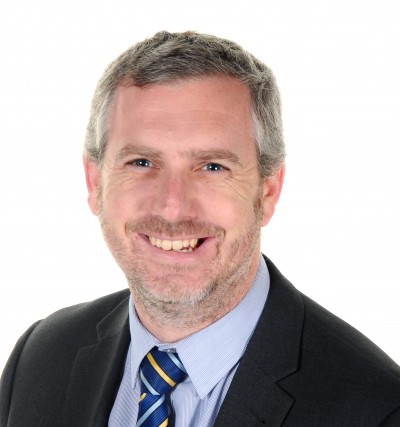The College Of Teaching Could Give Us The Professional And Political Clout We’ve Been Waiting For

Let's make our voices heard, says Michael Tidd

- by Michael Tidd

What can you buy for £39 these days? Well, quite a lot actually, so it won’t be the easiest of jobs to persuade hard-working teachers to part with a sizeable chunk of a day’s pay. Yet that’s going to be the job of the small team leading the new Chartered College of Teaching which launched in January.
Somehow they’ve got to convince teachers that this is a club worth joining. Not everyone will be sure yet, but let me paint a picture of why it might be worth it.
For a start, this could finally be a chance for teachers to have a united voice.
For a long time there have been mutterings about a great ‘union of unions’, where teachers could finally become part of a single professional body. Maybe that will still happen yet, but the reality is that unions have a very specific role. Most of us joined a union as trainees, not because we felt some great calling to the political mission of the organisation, but because we were told that we’d be wise to sign up for our own professional protection.
Whatever your thoughts about the political workings of unions, they have clearly carved out their role as one of serving teachers in protecting their pay and conditions – and quite rightly so. Of course, that also means a frequently confrontational approach with government, Ofsted and employers which doesn’t always paint the most positive picture when it comes to Easter holiday conferences on the news.
What many teachers want from a professional body is a clear voice that speaks on behalf of the professionals in education, speaking truth to power, demanding that politicians base their decisions on evidence rather than political rhetoric, that professional development is a support for teachers rather than a hurdle. That is the role that I look forward to the Chartered College being able to fulfil.
One great advantage for primary teachers is that we see at the helm of the college the well-known face of Dame Alison Peacock. Far from a government flunky or Ofsted stooge, Dame Alison is an experienced primary head who roots herself in the heart of the profession, and is always focussed on children. Her ethos is that teachers want the best for all the children they teach.
What it needs now is for teachers to get behind the college and make it really representative of the voice of teachers: classroom teachers, middle leaders, heads, deputies, supply staff – all of us should have a role in shaping the profession, and we can best achieve that by working together to direct policy and practice nationally.
Indeed, we should particularly sign up if other organisations don’t always seem to fit. Teaching heads of very small schools, middle school teachers, primary teachers in all-through schools, two-class schools in remote communities – all can make their voices more clearly heard by being in at the beginning.
Every school is unique, but we can learn plenty from one another, particularly when we can find others in similar circumstances. The Chartered College of Teaching could be the united body that brings us all together.
In time that may lead to Chartered Teacher status, or new forms of professional development, but at first, it will help to draw our huge profession together. So many of us are working hard in our own classrooms, but see so little of what happens in others. The College can be a vehicle for that.
And more importantly, once we begin to draw together into a single body, we begin to speak with one voice. That means working with each other to be clear about what really matters, and expecting those at the head of the organisation to express those views.
That means teachers directing attention on the areas where they want to see more research being carried out. It means teachers being united in focusing on what’s best for our schools and our children. And most of all, it will mean teachers signing up to say that they want to be part of it.
Michael Tidd is deputy headteacher at Edgewood Primary School in Hucknall, Nottinghamshire. Find out more about the Chartered College of Teaching at collegeofteaching.org.










